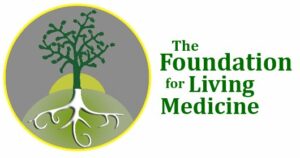
It seems that recently we have been reading more news about the importance of our microbes. As discussed in recent Foundation newsletters and blogs, we have trillions of microbes that live within us in order to help us sustain good health. These microrganisms, which are collectively called microbiome (bacteria, viruses, some fungi and algae, and so on), vary greatly by species of microbe between individual humans. In other words, our individual makeup of microbes and diversity of species of microbe varies within each of us.
Researchers are finding that when we have subtle imbalances within the microbial community of our individual guts, this can lead to disease. According to a recent article in the Science Daily news online, researchers from the Broad Institute of MIT and Harvard, Massachusetts General Hospital (MGH), and the Diabimmune Study Group found a link between Type-1 diabetes (TD1) and a change in diversity among gut flora. Specifically, based on a study of observing genetically-predisposed-to-the-disease children, they discovered that the children who concocted the disease were found to have had a DROP in the level of their microbial diversity prior to getting the disease… especially a drop in the species that promoted gut health. For more information on this study, click here.
Given recent events of many new diseases and the return of previously eradicated diseases, such as the measles, it is important to keep our immune systems strong. And, that means to keep our little microbe companions healthy, happy, and diverse. Health Evangelist Frank Lippman has a few suggestions for “EMBRACING” our microbes. Try this:
Cultivate your microbial garden. Avoid antibiotics, unless it is absolutely necessary to take them, and take a daily dose of probiotics, in order to continually sustain your microbiome community. Use probiotics that deliver 20-50 billion live organisms per dose and contain a combination of different strains of Lactobacillus and Bifidobacteria.
For more ideas, click here and here.
Eat Lots of Yogurt and other fermented foods, such as, sauerkraut, horseradish, and kefir. Fermented foods infuse our digestive systems with beneficial bacteria, which builds our immune systems. For more information on fermented foods, click here.
